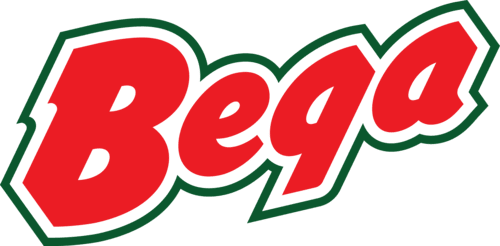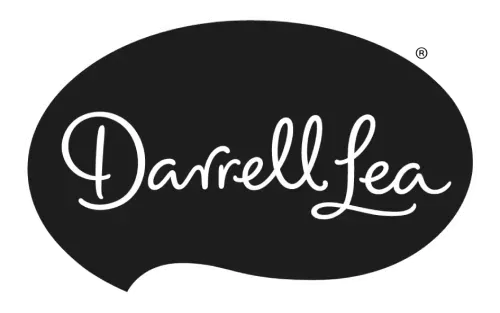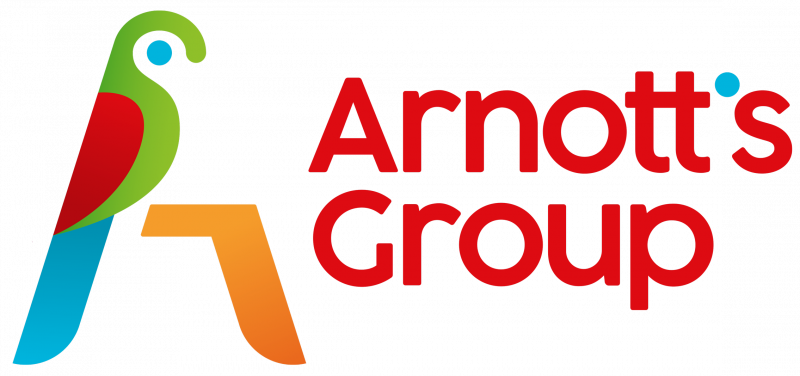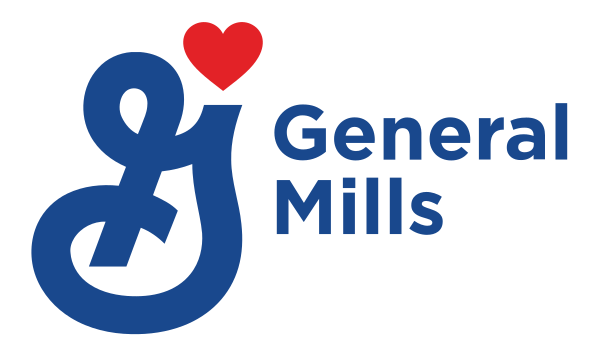Pump Maintenance Solutions
Prevent costly pump failures with AI-powered predictive maintenance designed for centrifugal and positive displacement pumps. Monitor cavitation, impeller wear, bearing health, and seal condition to reduce downtime by 75% and extend pump life by 50%.
TRUSTED AND SUPPORTED BY














Common Pump Failures We Detect
Our AI-powered system identifies and predicts the most costly pump failures before they cause system damage or process interruption.
Impeller Wear & Cavitation
Cavitation damage and wear reduce pump efficiency and can cause catastrophic failure.
- Cavitation erosion and pitting damage
- Impeller blade wear and corrosion
- Flow reduction and efficiency loss
Bearing Failures
Pump bearing deterioration causes vibration, noise, and eventual shaft seizure.
- Lubrication breakdown and contamination
- Race and rolling element wear
- Thermal damage from overheating
Mechanical Seal Leakage
Seal failures cause leakage, contamination, and potential safety hazards.
- Seal face wear and thermal cracking
- O-ring deterioration and hardening
- Spring and secondary seal failures
Shaft Misalignment
Misalignment causes premature bearing and coupling wear, vibration, and efficiency loss.
- Angular and parallel misalignment
- Coupling wear and deterioration
- Increased vibration and noise
Suction & Discharge Issues
System pressure problems affect pump performance and can cause damage.
- Net positive suction head problems
- Discharge pressure fluctuations
- Flow rate variations and instability
Casing Wear & Corrosion
Pump casing deterioration affects performance and can lead to catastrophic failure.
- Internal erosion and wear patterns
- Corrosion from aggressive fluids
- Clearance increases and efficiency loss
Advanced Pump Monitoring Technology
Our comprehensive pump monitoring system combines multiple sensor technologies to provide complete visibility into pump health and performance.
Vibration & Acoustic Analysis
Advanced vibration monitoring detects bearing wear, cavitation, and mechanical issues while acoustic sensors identify cavitation onset.
Pressure & Flow Monitoring
Real-time pressure and flow measurement tracks pump performance curves and detects efficiency degradation.
Temperature Monitoring
Thermal sensors monitor bearing temperatures, motor heat, and fluid temperatures to detect overheating conditions.
Power & Efficiency Analysis
Monitor motor power consumption and pump efficiency to optimize energy usage and detect performance degradation.
Sensor Technologies
Monitoring Capabilities
- Cavitation detection and prevention
- Bearing health and lubrication monitoring
- Mechanical seal condition assessment
- Performance curve tracking and optimization
Industry Applications
Pump predictive maintenance delivers critical value across industries where reliable pumping is essential to operations.
Water Treatment
Critical pumping systems for municipal and industrial water processing.
Chemical Processing
Process pumps handling corrosive and hazardous fluids safely.
Oil & Gas
Upstream and downstream pumping applications in harsh environments.
Power Generation
Cooling water and feedwater pumps critical for plant operations.
Pump Maintenance ROI
Calculate your potential savings from predictive maintenance on critical pumping systems.
Prevent unexpected pump failures with early detection
Optimal operating conditions and maintenance timing
Efficiency optimization and performance monitoring
Fast payback through reduced replacement and energy costs
Cost Savings Example: Water Treatment Plant
Before Predictive Maintenance
- Annual downtime cost:$600,000
- Emergency pump repairs:$180,000
- Energy inefficiency costs:$120,000
- Total Annual Cost:$900,000
After Predictive Maintenance
- Annual downtime cost:$150,000
- Planned pump maintenance:$90,000
- Optimized energy costs:$90,000
- Total Annual Cost:$330,000
Technical Specifications
Comprehensive pump monitoring technology designed for industrial pumping applications.
Sensor Specifications
- Vibration Range: 0.1-15,000 Hz
- Pressure Range: 0-1000 PSI
- Flow Range: 1-10,000 GPM
- Temperature Range: -20°C to +150°C
- Wireless Range: Up to 1km industrial
- Protection Rating: IP67 waterproof design
Monitoring Points
- Pump Casing: Vibration, temperature
- Bearing Housing: Vibration, temperature
- Suction Line: Pressure, flow, temperature
- Discharge Line: Pressure, flow, temperature
- Motor: Current, voltage, power
- Seal Area: Temperature, leakage detection
Alert Capabilities
- Cavitation Detection: Real-time acoustic alerts
- Bearing Degradation: 6-10 weeks advance notice
- Seal Failures: 2-6 weeks early warning
- Efficiency Loss: 10% performance deviation
- Pressure Anomalies: 5% deviation from normal
- Critical Conditions: Immediate protection alerts
Transform Your Pump Maintenance Program
Join water treatment plants, chemical facilities, and industrial operations already preventing costly pump failures. Our pump specialists will assess your systems and design a custom monitoring solution.
Pump Predictive Maintenance FAQ
Common questions about AI-powered predictive maintenance for industrial pumps.